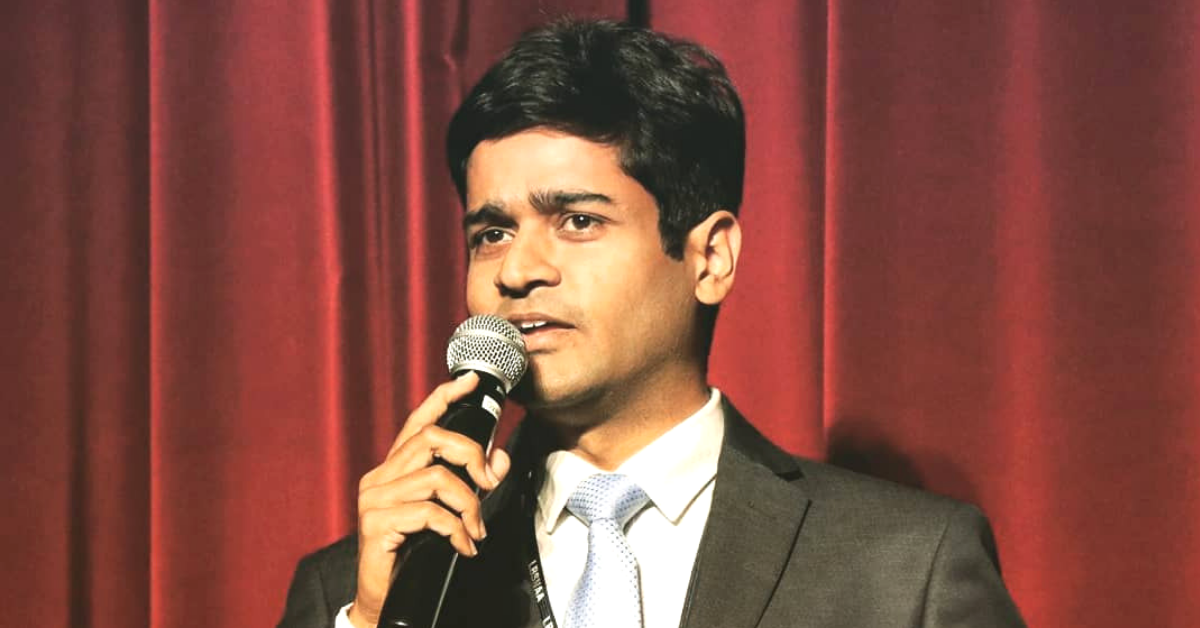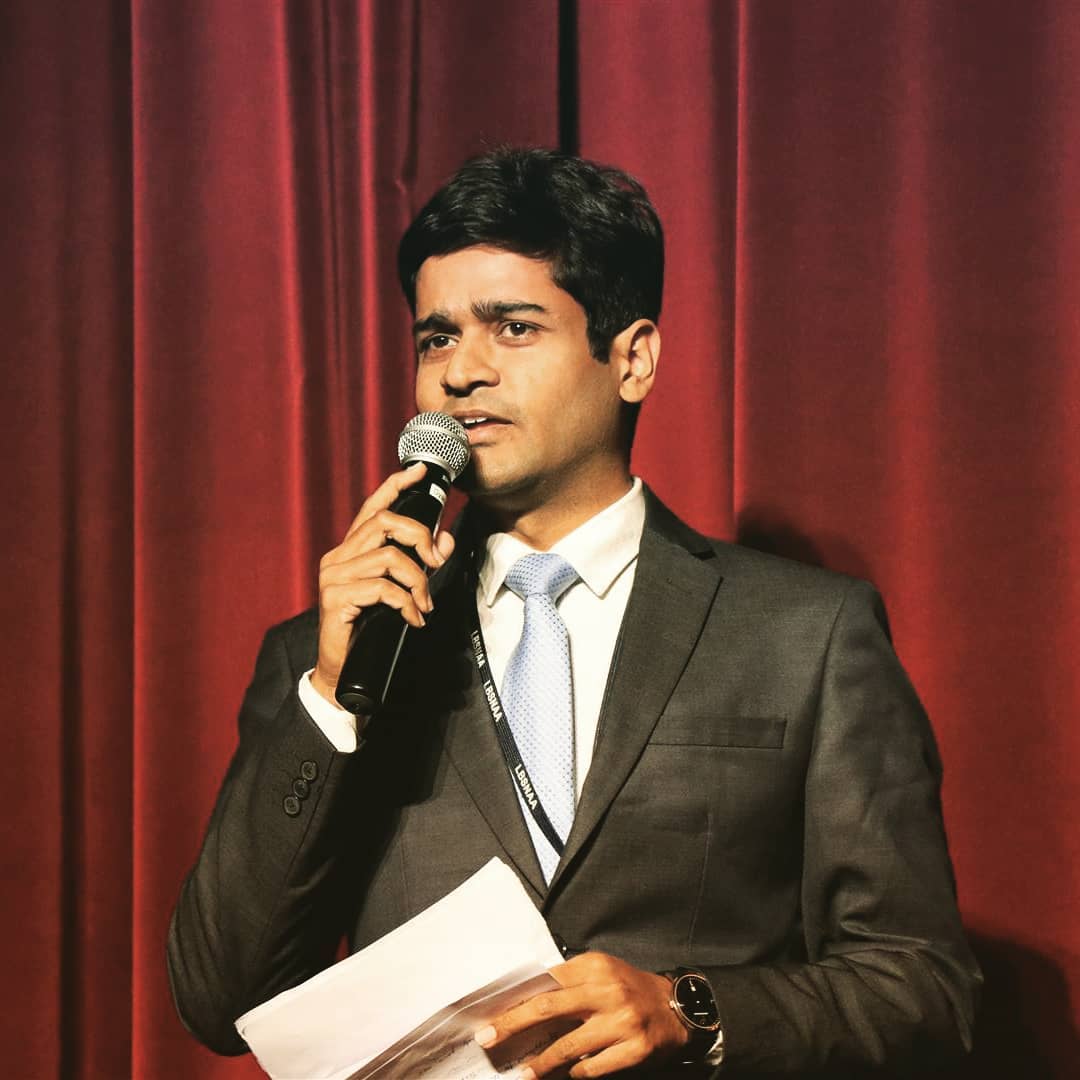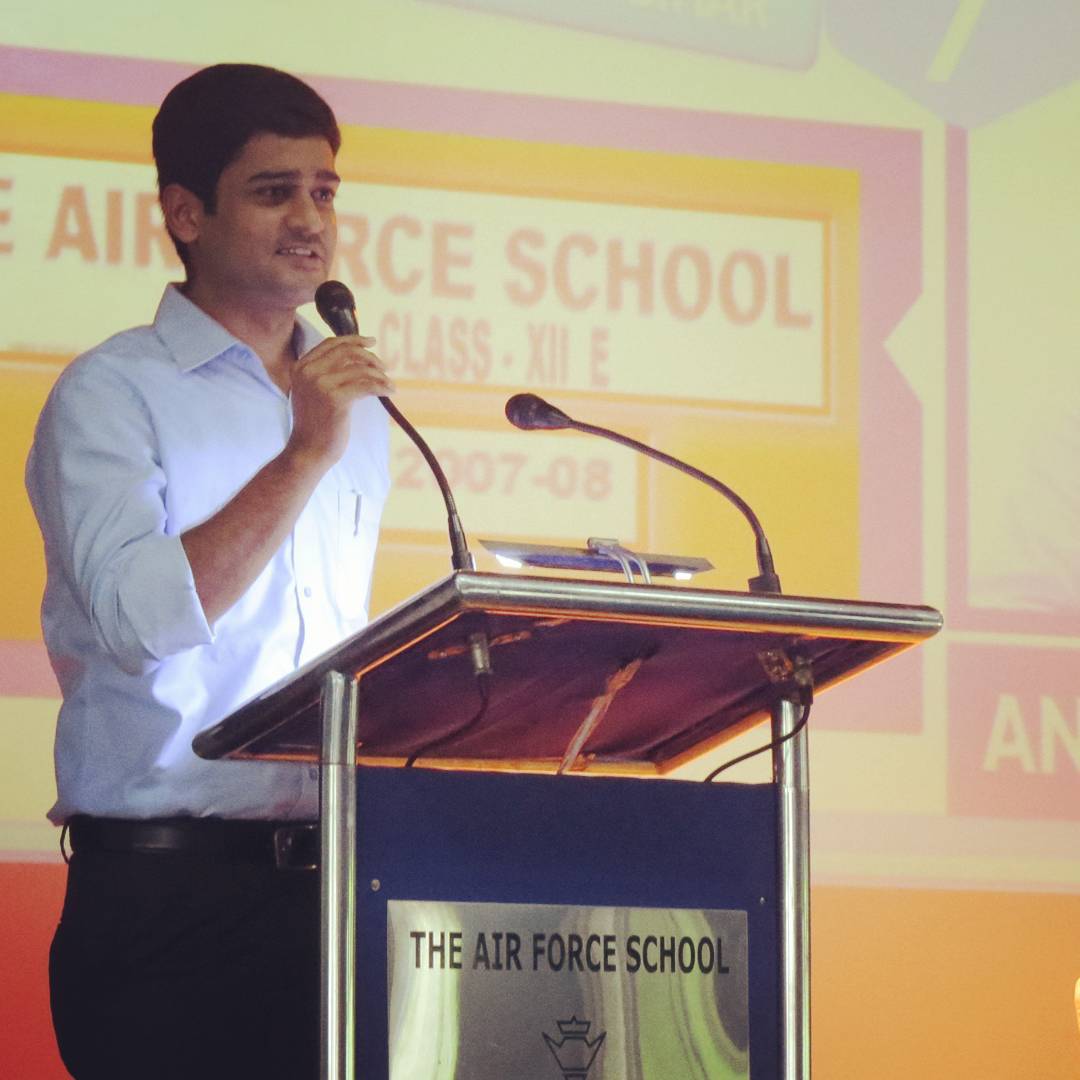UPSC Topper Who Aced Essay Paper Shares Exactly What Worked & What Didn’t
“I had made up my mind on this. During the first two times, I was still working so did not have enough time to prepare. Many people work full-time and manage to clear the exams, but that did not work for me.”

I‘ve often heard idioms like ‘keep trying until you succeed’, but it’s only when you see live examples that these pearls of wisdom make any sense. 27-year-old Anand Vardhan is a stellar example. He attempted the UPSC examination four times since 2013!
Finally, he bagged AIR 7 in the UPSC 2016.
In this exclusive conversation with The Better India, Anand shares some things that worked for him, others that an aspirant should and shouldn’t do.
Anand’s background

A mechanical engineering graduate from the Delhi College of Engineering, Anand took up a job after the course. In 2013, he attempted the UPSC examination for the first time, with very basic preparation.
He recalls, “During all the attempts, I cleared the preliminary stage. The first time, I missed the cut-off by about 45 marks. But I made sure to reduce the margin with each successful attempt. I cleared the exams as well as the interview in my final attempt.”
I asked him why he chose to appear for the examination so many times. He answers, “I had made up my mind on this. During the first two times, I was still working so did not have enough time to prepare. Many people work full-time and manage to clear the exams, but that did not work for me.”
How was his preparation different in the non-work years?

It was quite stark, he says, as he could not balance both. Even though he tried to study for three to four hours each day, “it was compartmentalised, which hampered the progress”. The switch was difficult and so, he decided to have exclusive time for preparing.
After quitting his job, he was comforted, knowing that he had the entire day to study.
“However,” he says, “I never stayed up very late, nor did I wake up at the break of dawn. I had a very balanced approach.”
Making short-term targets also helped. “I would set myself goals in terms of finishing the syllabus or attempting a paper, and divide the time accordingly.”
How to deal with failure?
Anand shares, “UPSC teaches you to persevere and be patient. An important lesson I learnt from this is that hard work surely pays off.”
What helped Anand stay focused and calm during all the failures was his ability to look at the larger picture. He says, “While I attempted the examination four times, the bright side was that I gathered great knowledge with each attempt. It has helped shape me into a more patient and balanced individual. That, in my opinion, is the objective of this examination.”
The importance of pursuing a hobby

Apart from the stress of the much-coveted UPSC exam, the prospect of studying can make you feel lonely. That’s when a hobby helps, Anand advises. He made sure to watch and play sports regularly, keeping himself fit mentally and physically.
He observes that most aspirants prepare for the UPSC for a year, studying hard and avoiding all distractions. But they might burn out faster if they are studying full-time. This is when a hobby helps, keeping them calm and focused. Even after clearing the examination, the hobby helps in essential work-life balance.
Tips for writing the essay
1. Structure: Anand emphasises the importance of a clear structure while answering the paper. He advocates a clear introduction-body-conclusion paradigm and reiterates the importance of a conclusion.
2. Content: Your essay must have substantial content, which ensures better marks. Practising essay writing will also help you answer the exam in the given time frame.
3. Connect: The examination is not a skill to test your rote-learning skills, he says. It is important to have a broader vision and an understanding of the larger scheme of things as well. He suggests that aspirants choose words and language that communicate their thoughts and personalities to the reader (or the evaluator, in this case).
He lists some things that worked and didn’t work for him.
What worked:
- Time management
Attempt as many old papers as possible. While doing so, keep a check on your time, especially while writing the essay.
- Cover all possible dimensions
Write about all possible dimensions in your essay. This will be possible only if you have done enough reading beforehand.
- Logical flow of arguments
Be precise in your presentation and do not ramble while writing your essay. You should present your point without the use of unnecessarily complex sentences.
- Balanced opinion, no extremes
While writing the essay do not take on a very extreme stand. Present a balanced viewpoint, always.
What doesn’t work:
- Digression from topic
Stick to wiring about what the topic demands. Do not digress from the topic just to fill pages.
- Allot more time to one of the essays
The UPSC paper needs an aspirant to attempt two essays, do remember this and allocate time to both in an equal manner.
You May Also Like: Cracking UPSC: 5 Women IAS Officers Who Braved All Odds to Emerge Winners!
He concludes, “You alone hold the secret to clearing your exam. So, remain balanced, and approach it calmly, with purpose. Work hard, as there is no substitute to it.”
With these pointers in mind, here’s wishing you all the best!
(Edited by Shruti Singhal)
Like this story? Or have something to share?
Write to us: [email protected]
Connect with us on Facebook and Twitter.
If you found our stories insightful, informative, or even just enjoyable, we invite you to consider making a voluntary payment to support the work we do at The Better India. Your contribution helps us continue producing quality content that educates, inspires, and drives positive change.
Choose one of the payment options below for your contribution-
By paying for the stories you value, you directly contribute to sustaining our efforts focused on making a difference in the world. Together, let’s ensure that impactful stories continue to be told and shared, enriching lives and communities alike.
Thank you for your support. Here are some frequently asked questions you might find helpful to know why you are contributing?


This story made me
-
97
-
121
-
89
-
167











